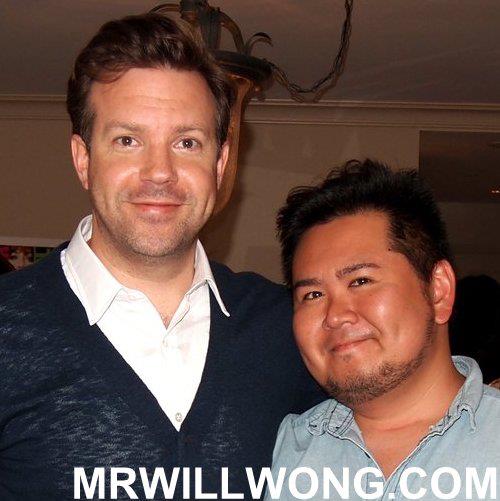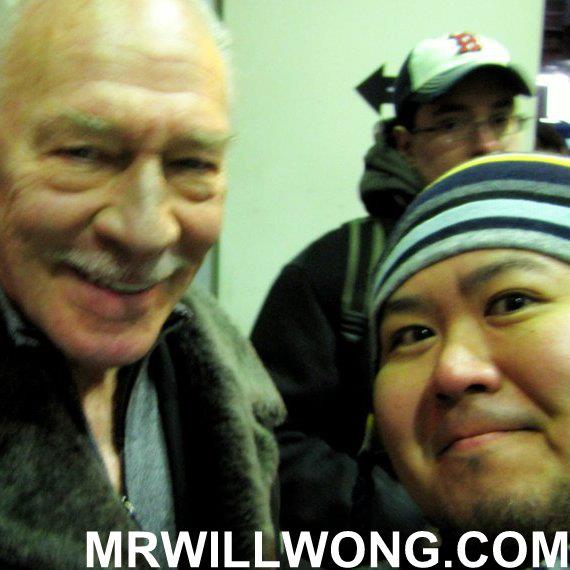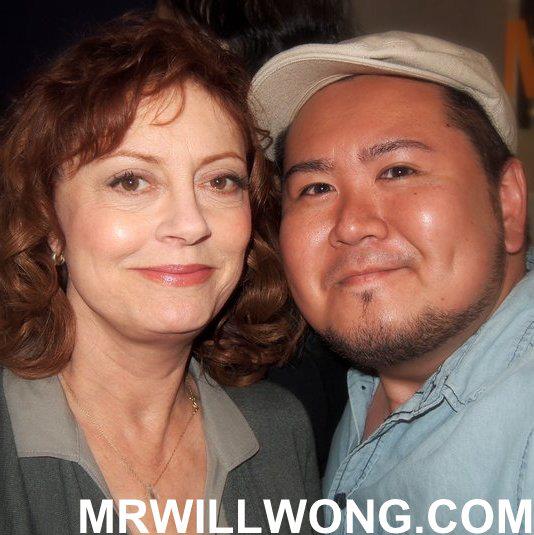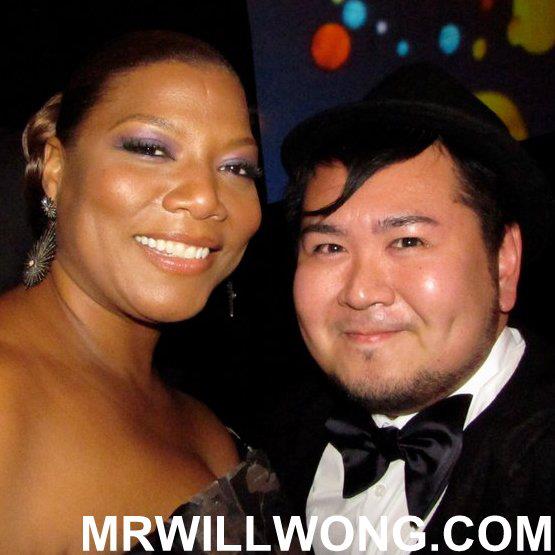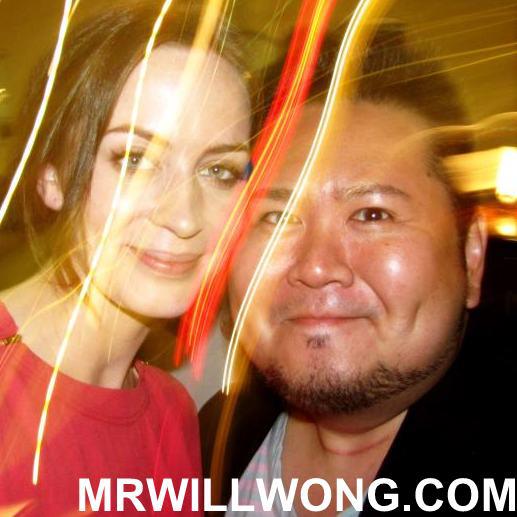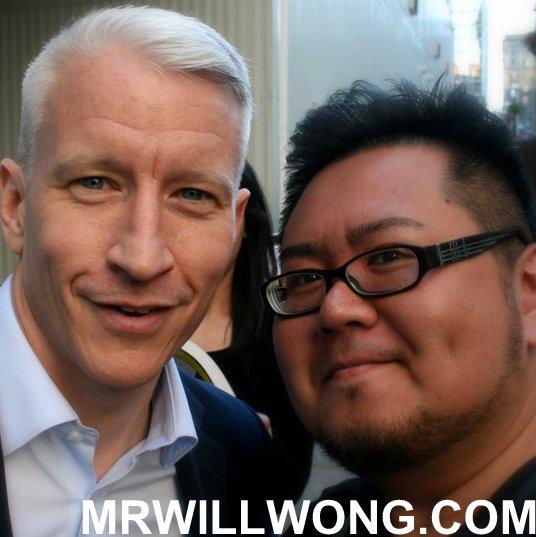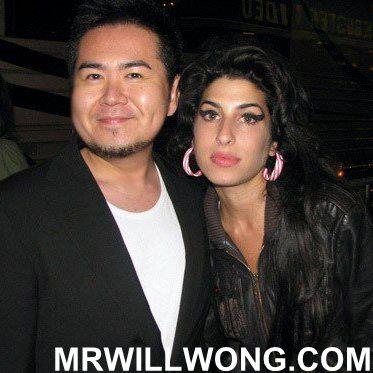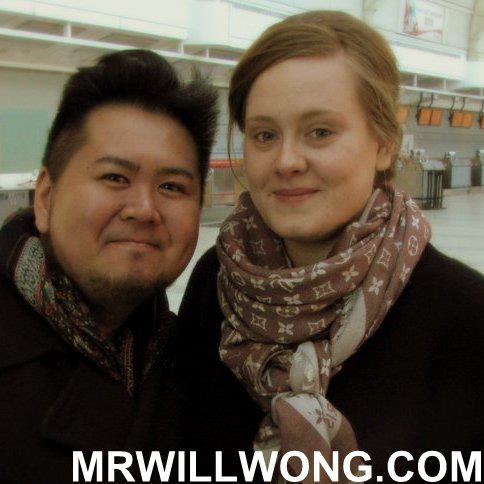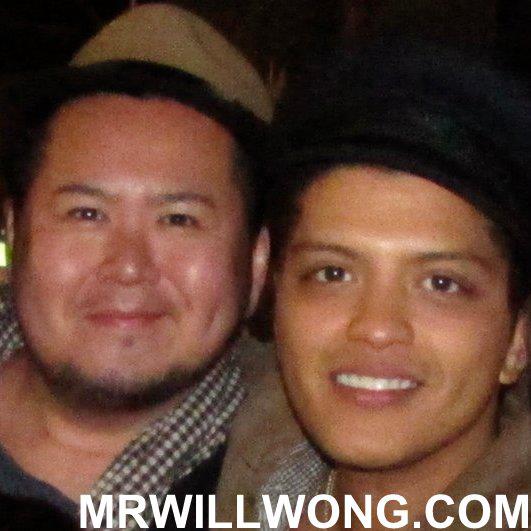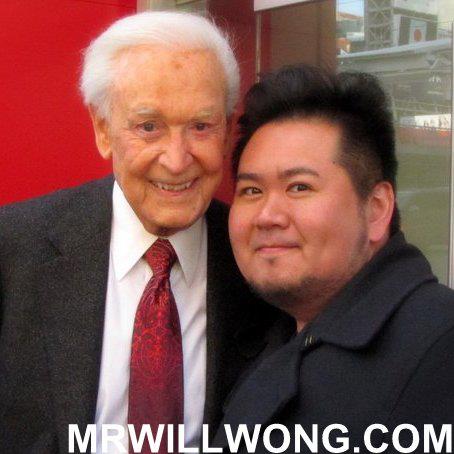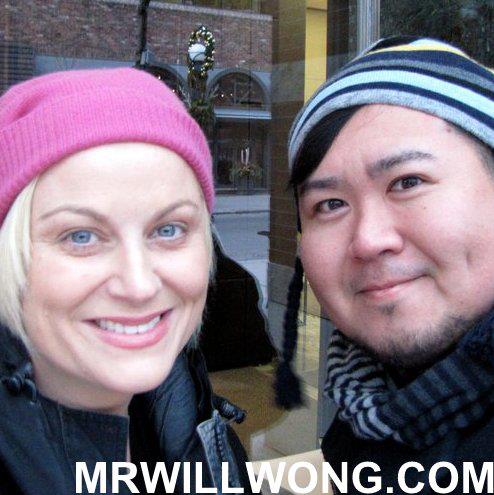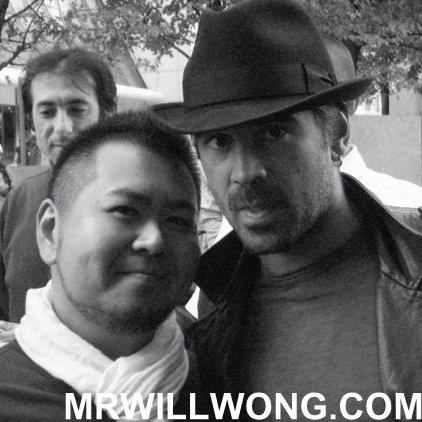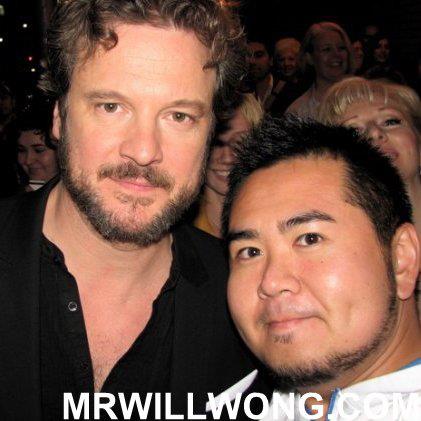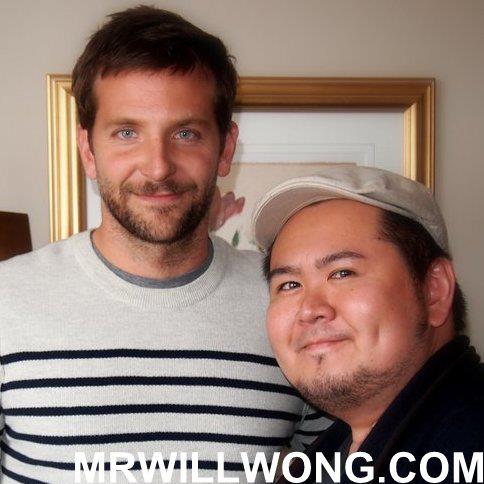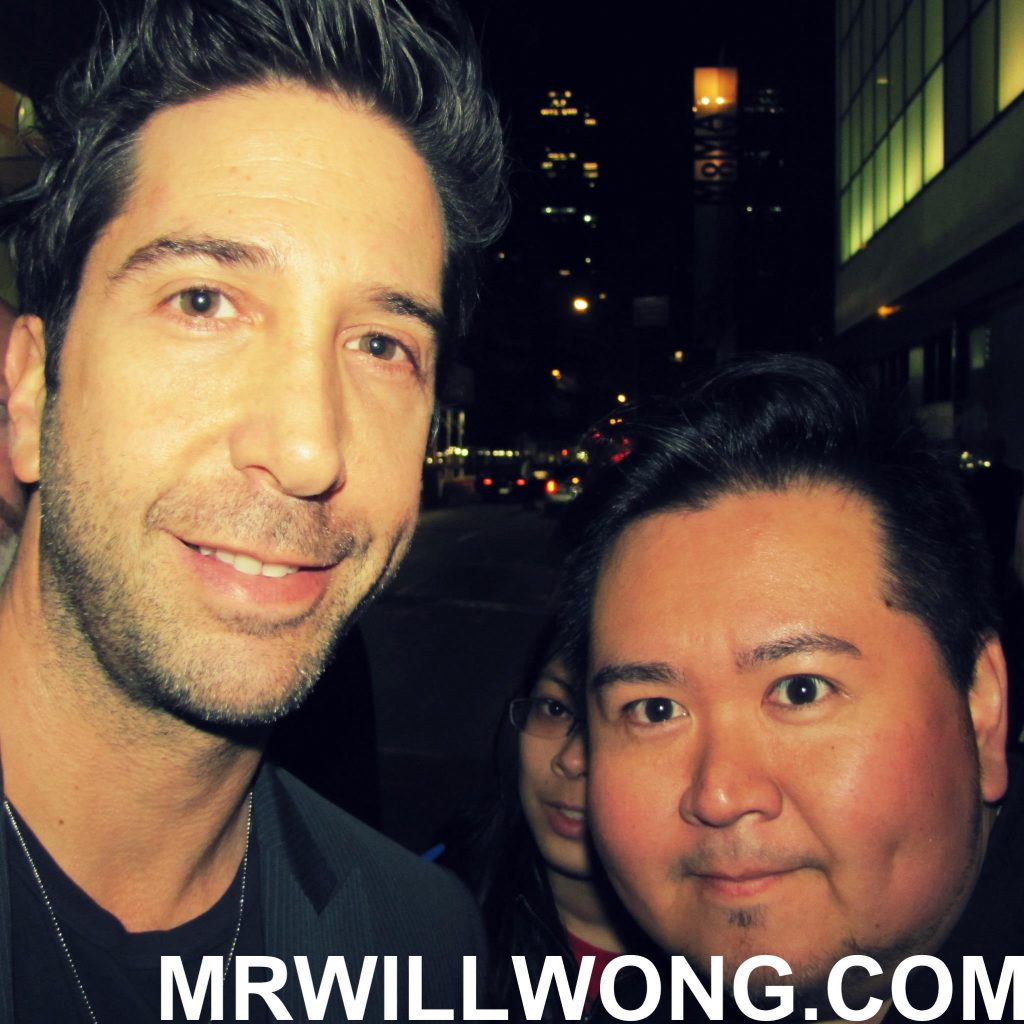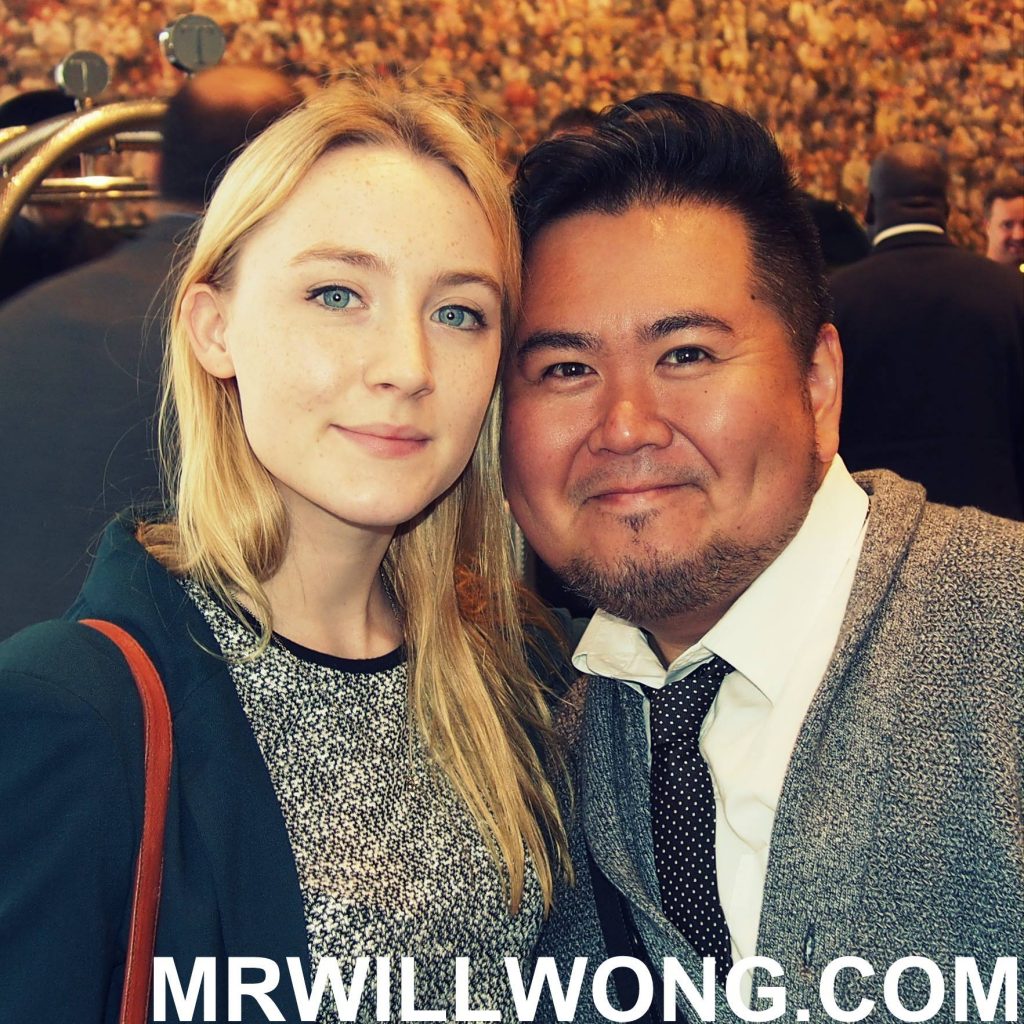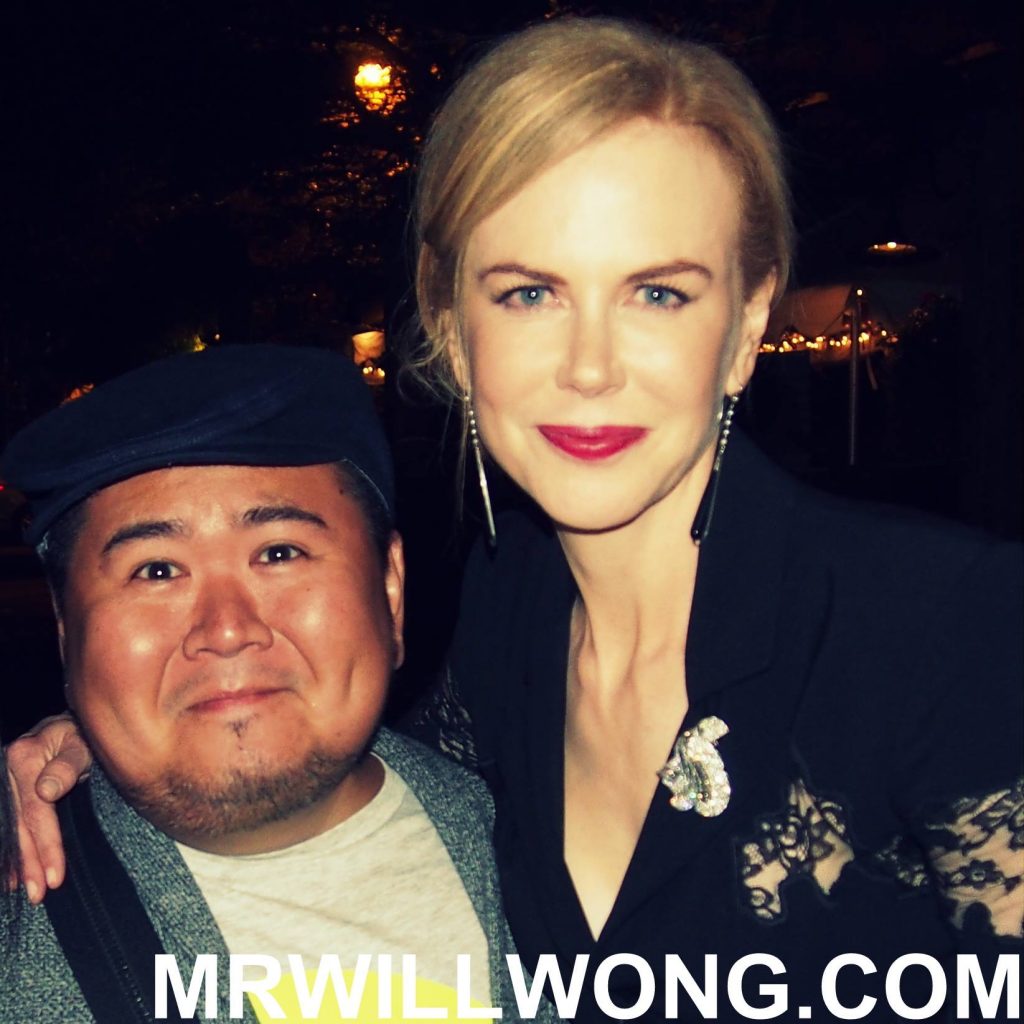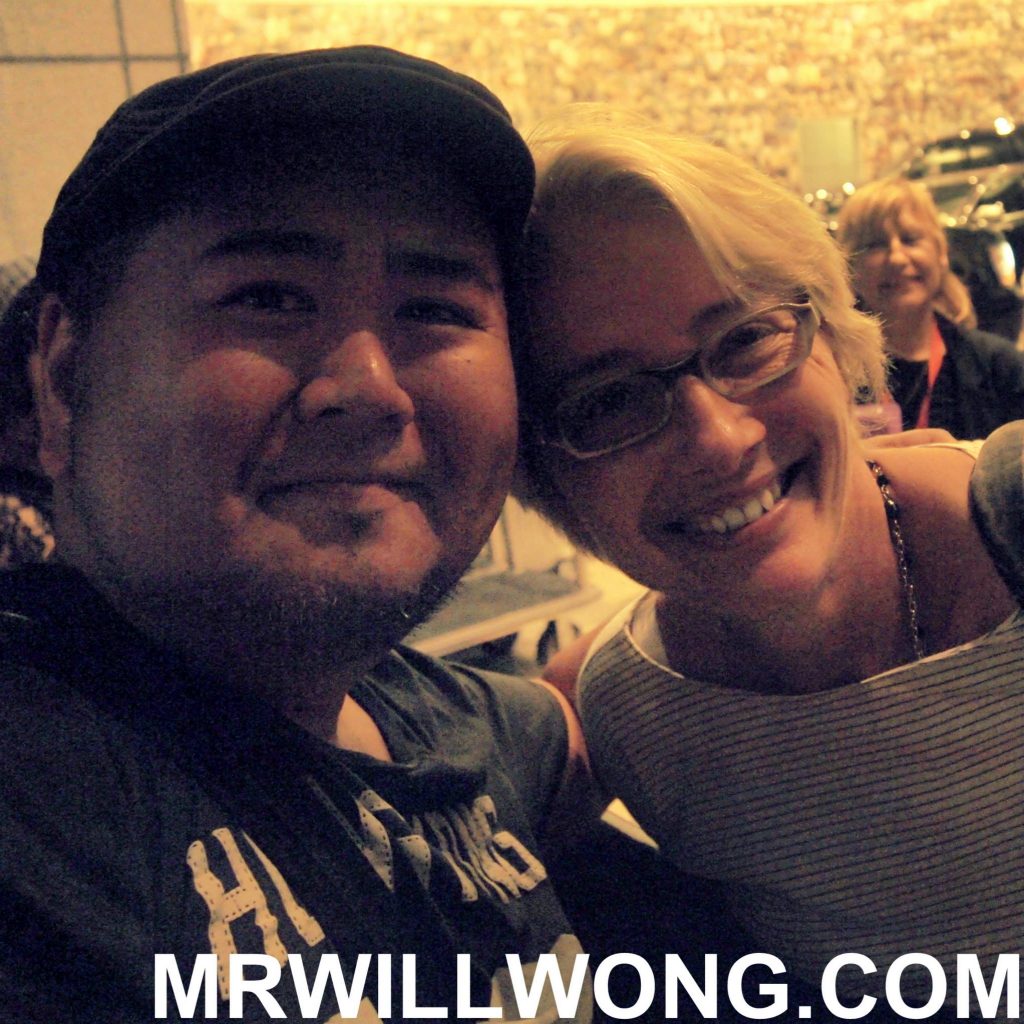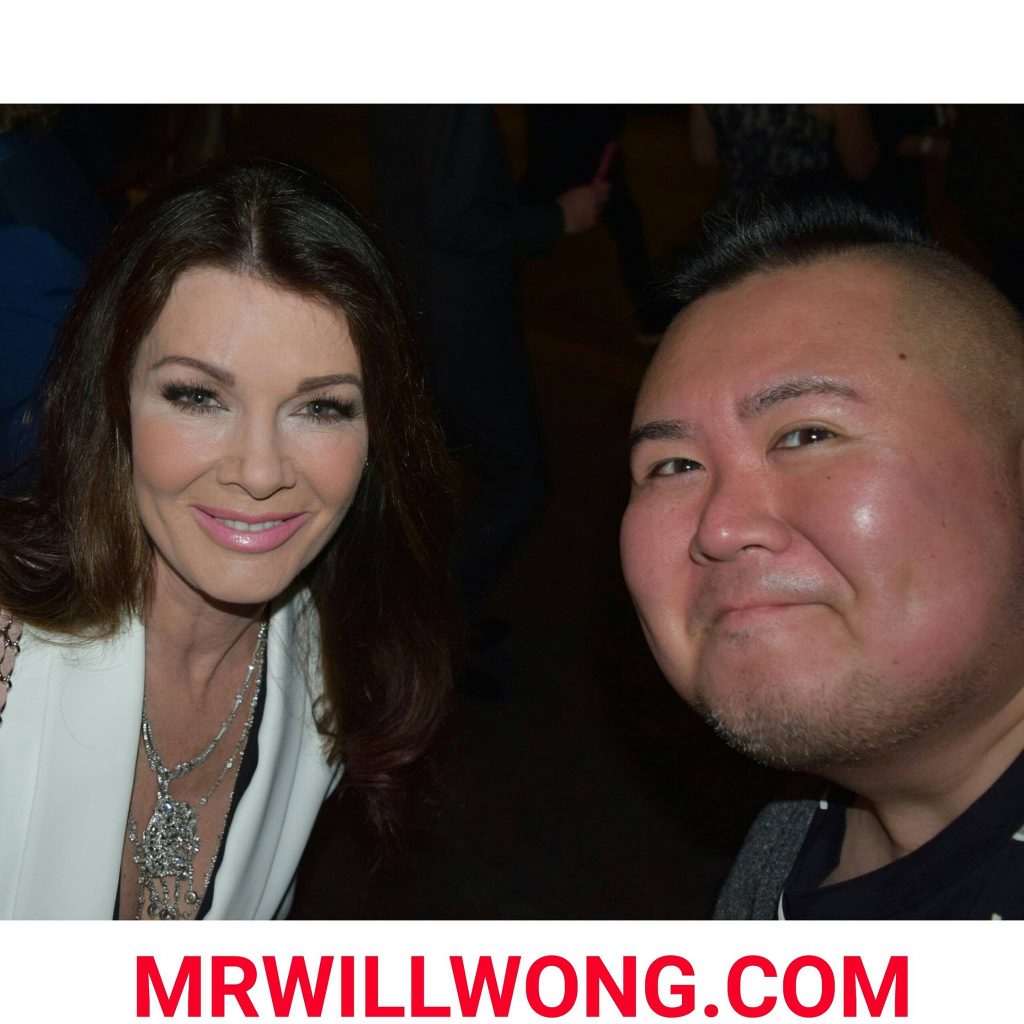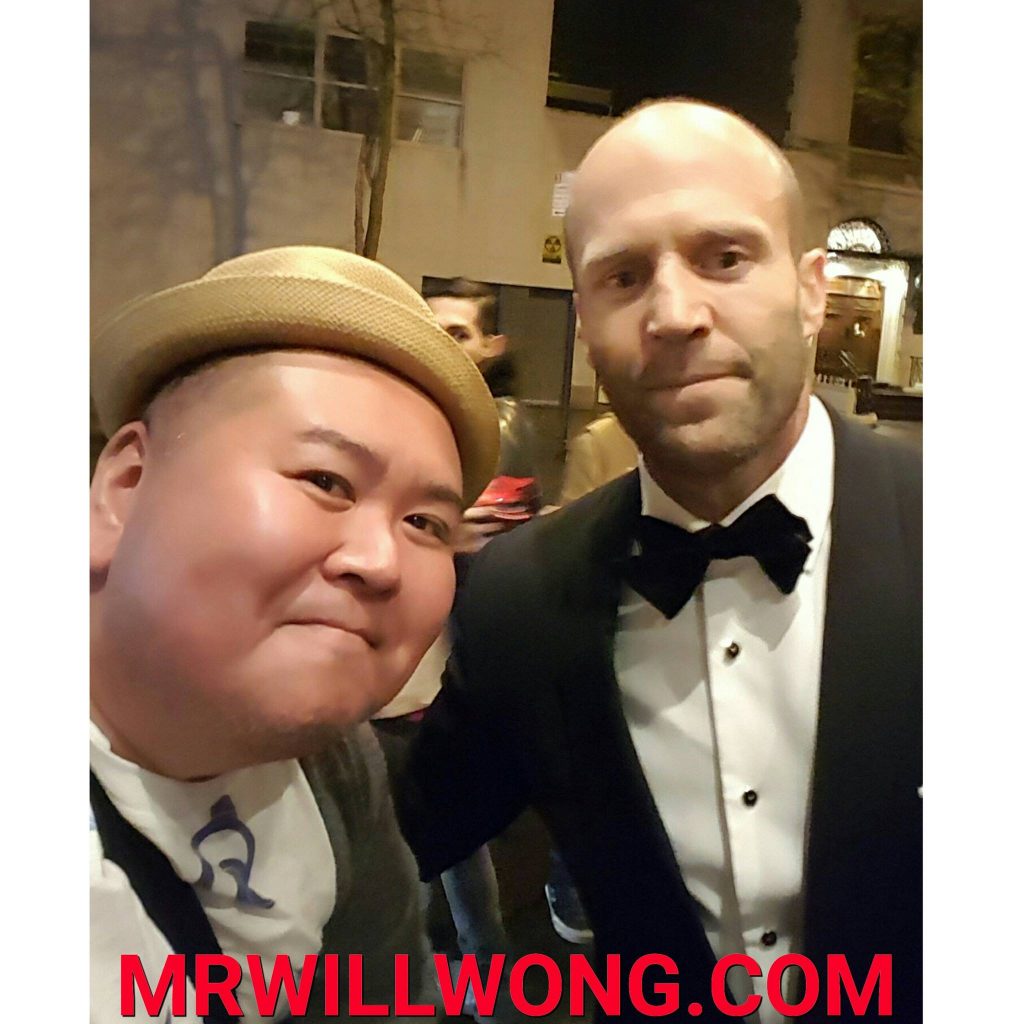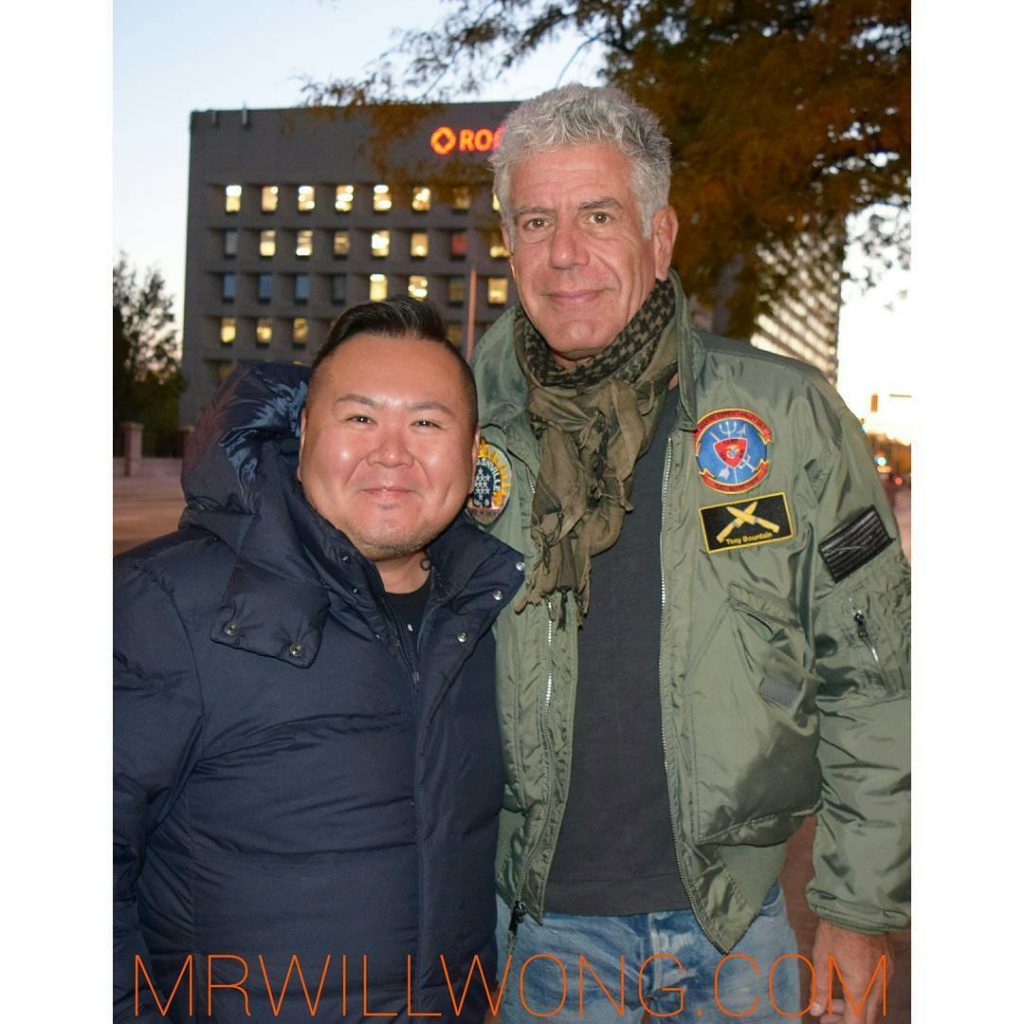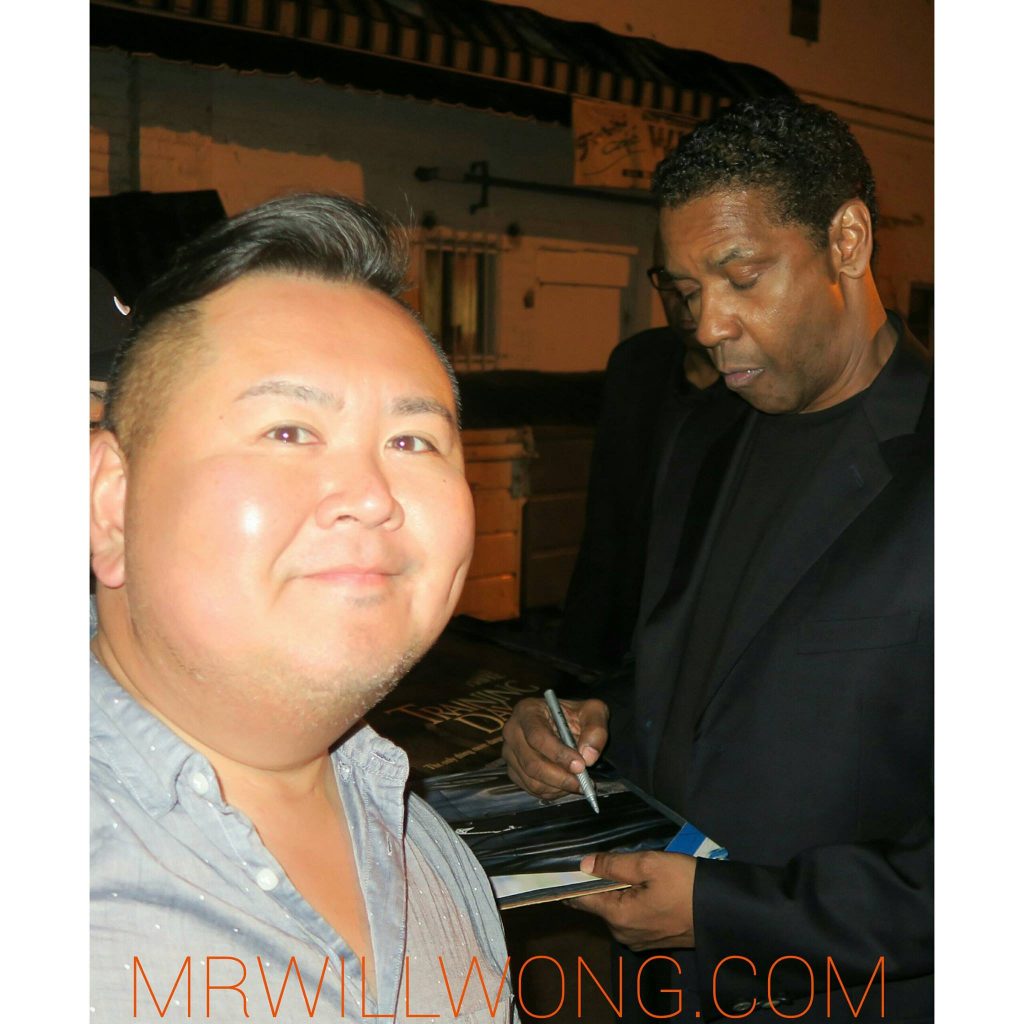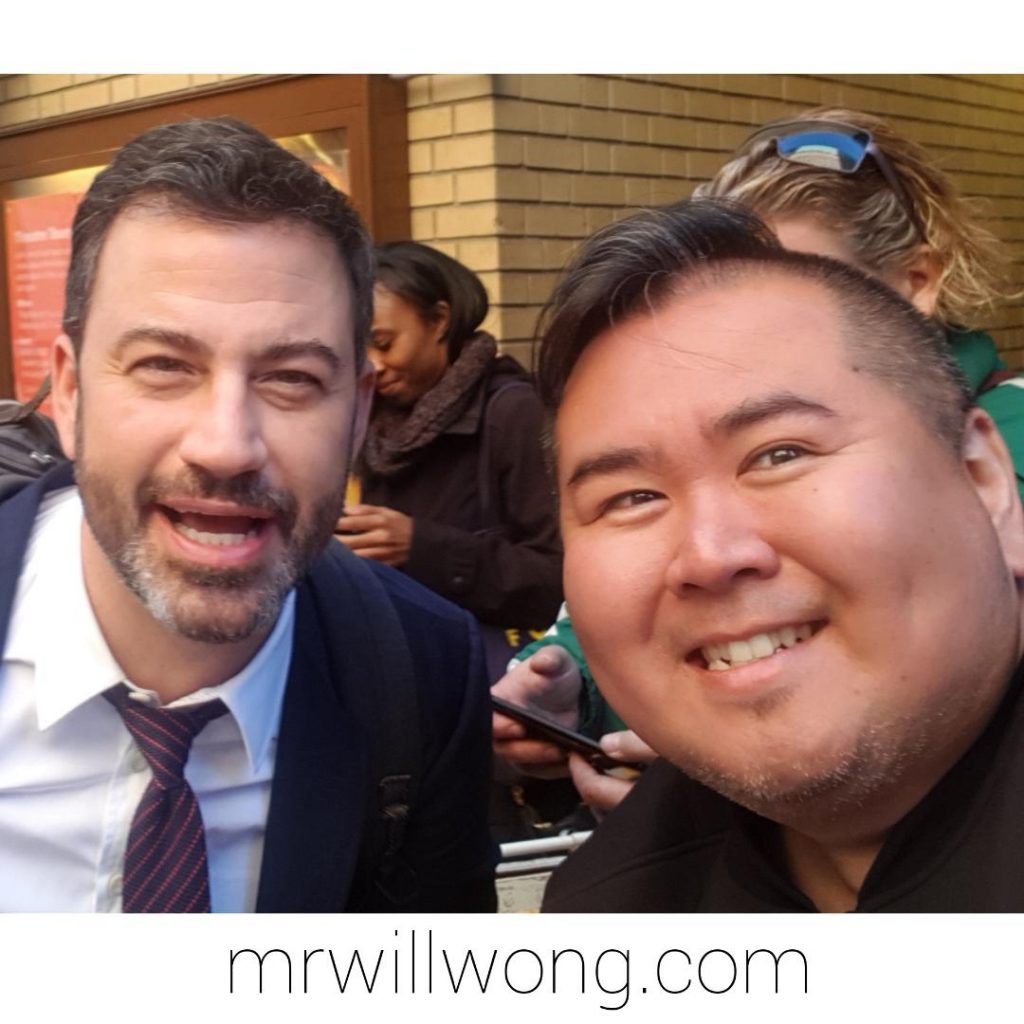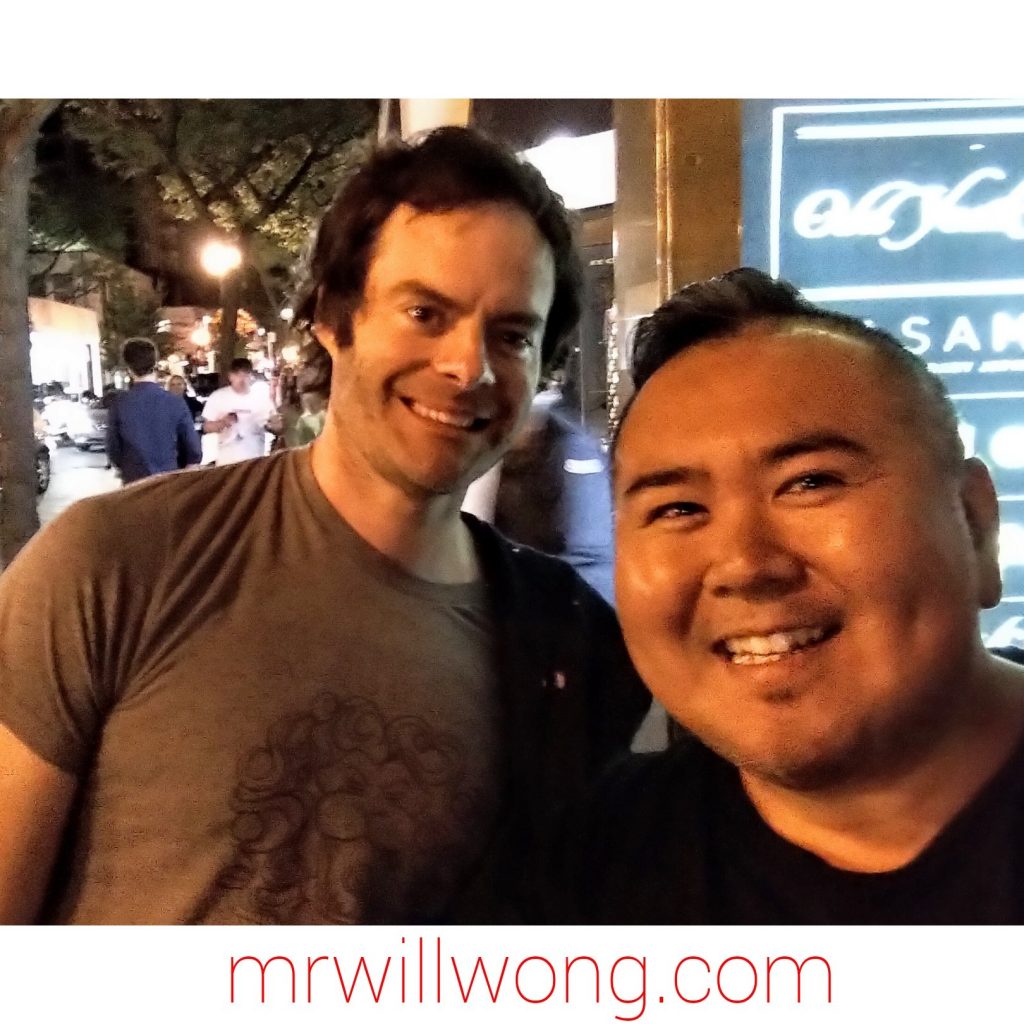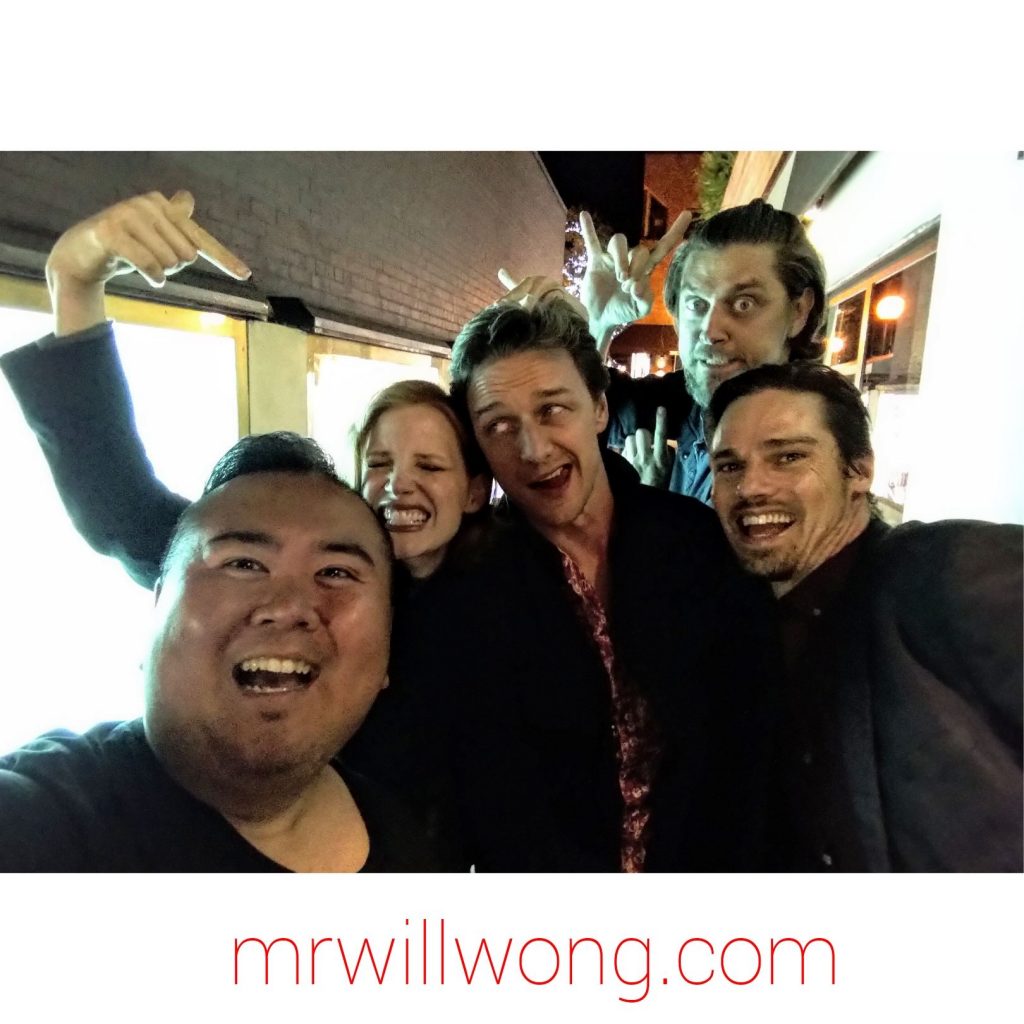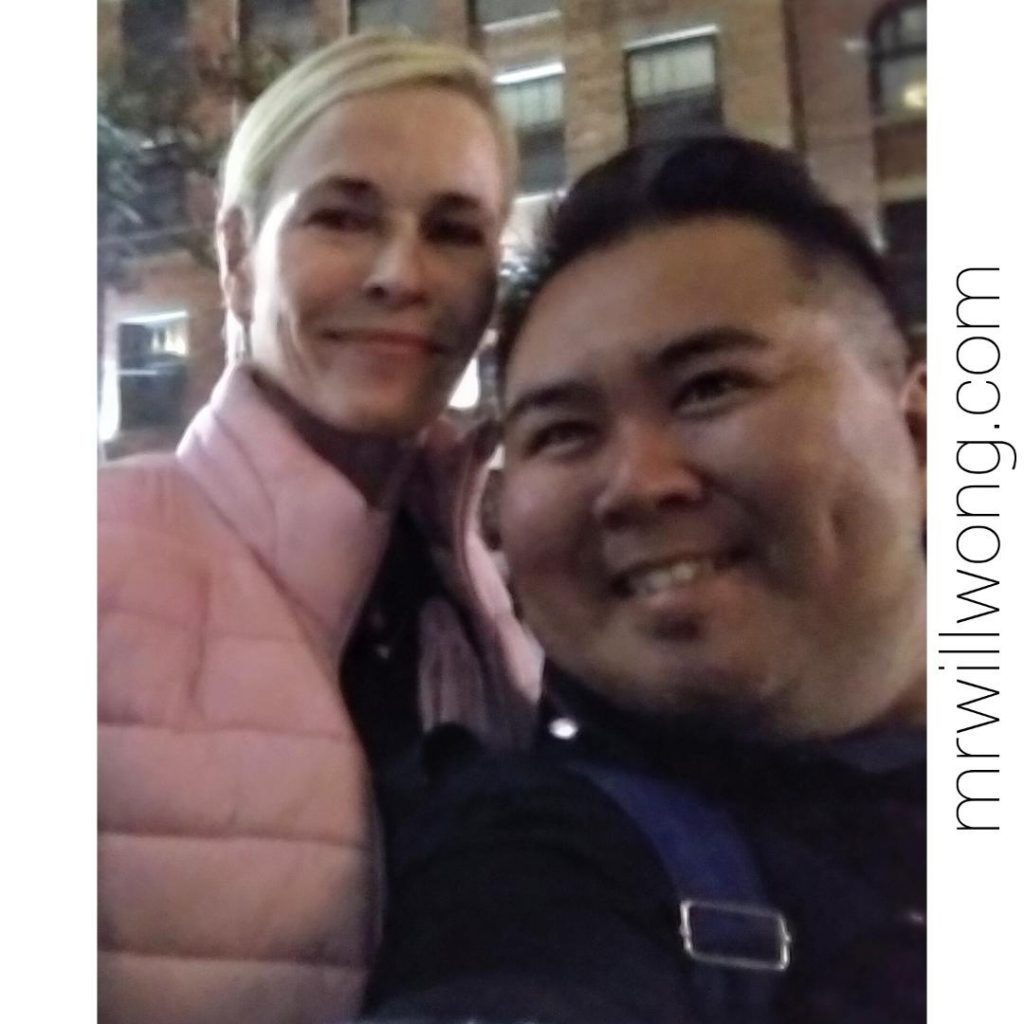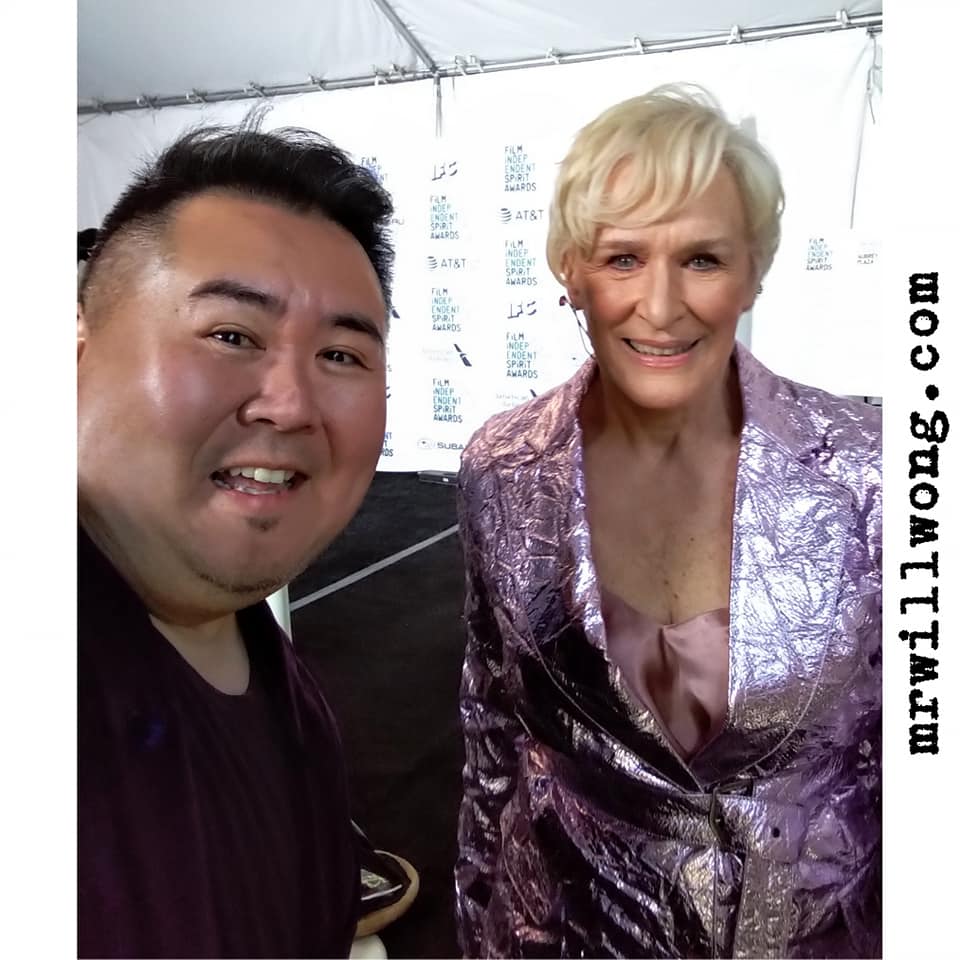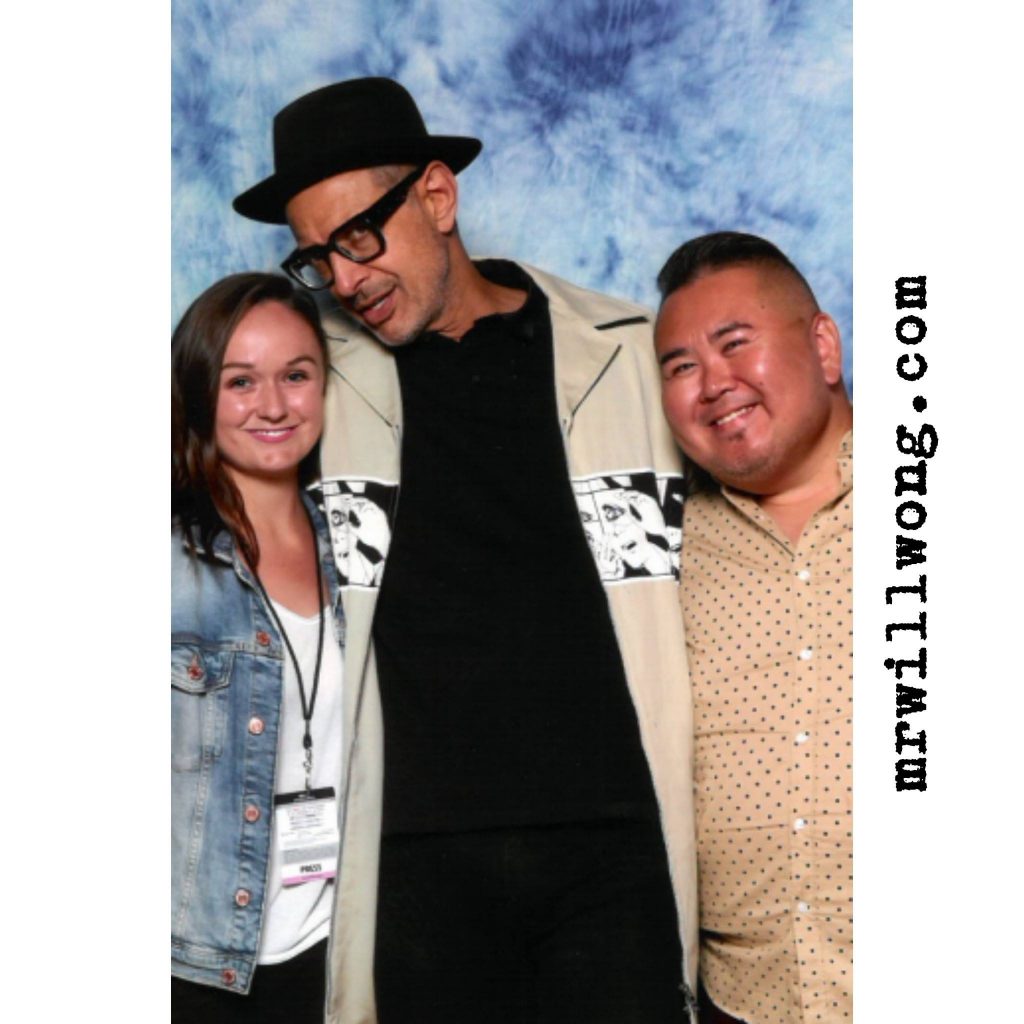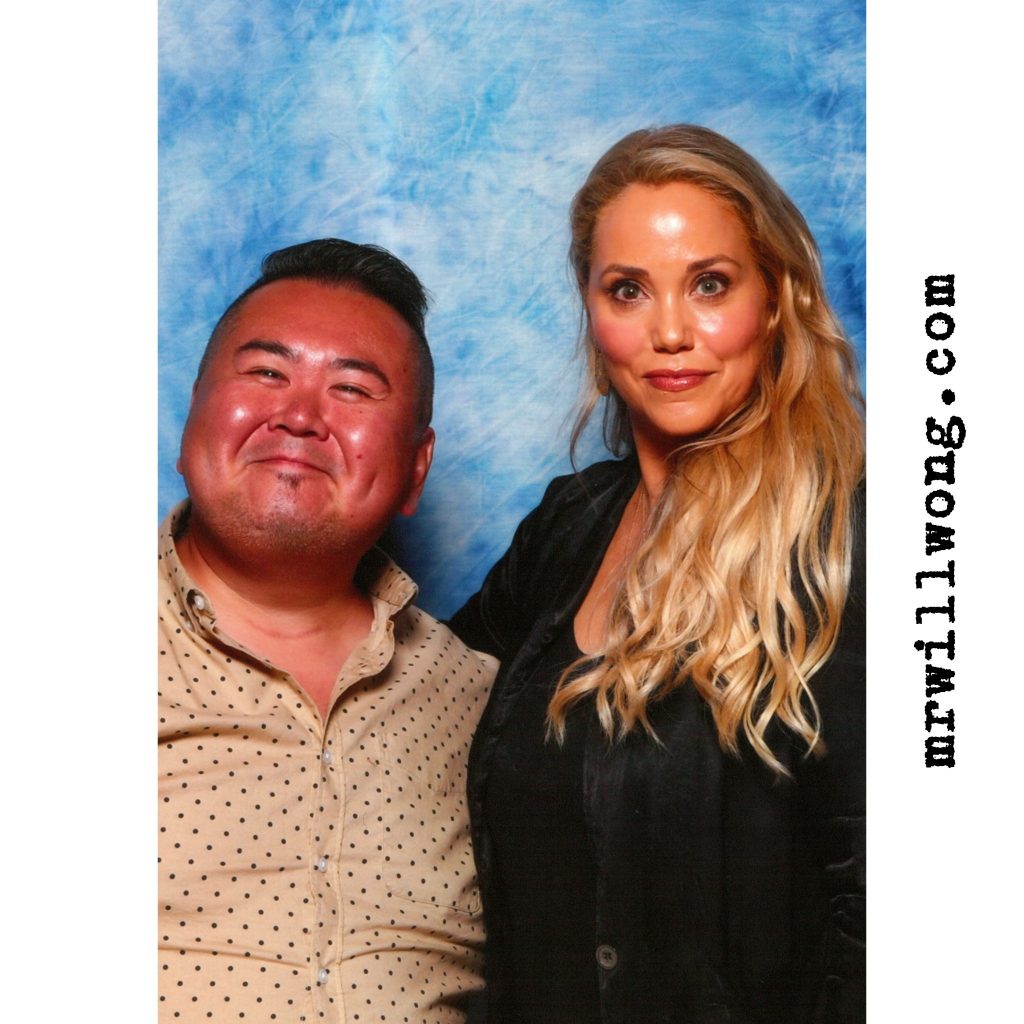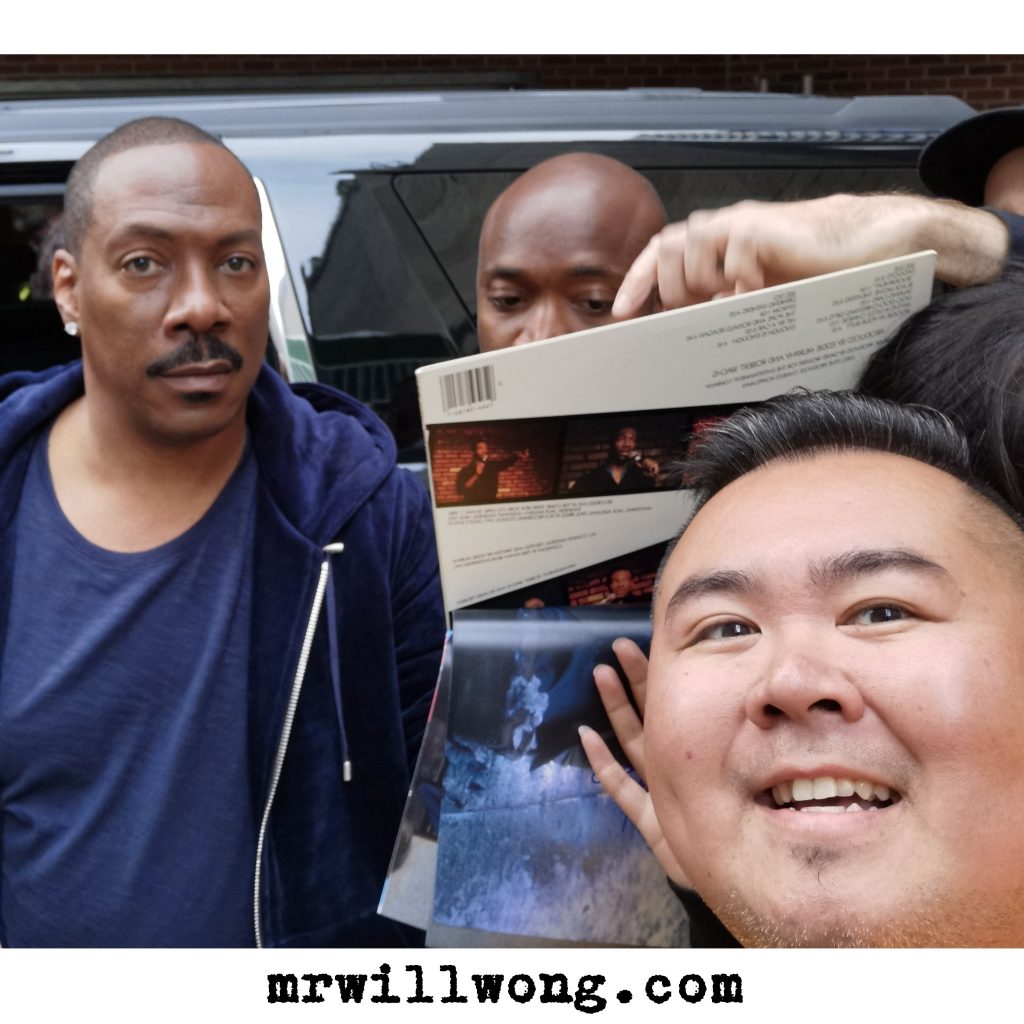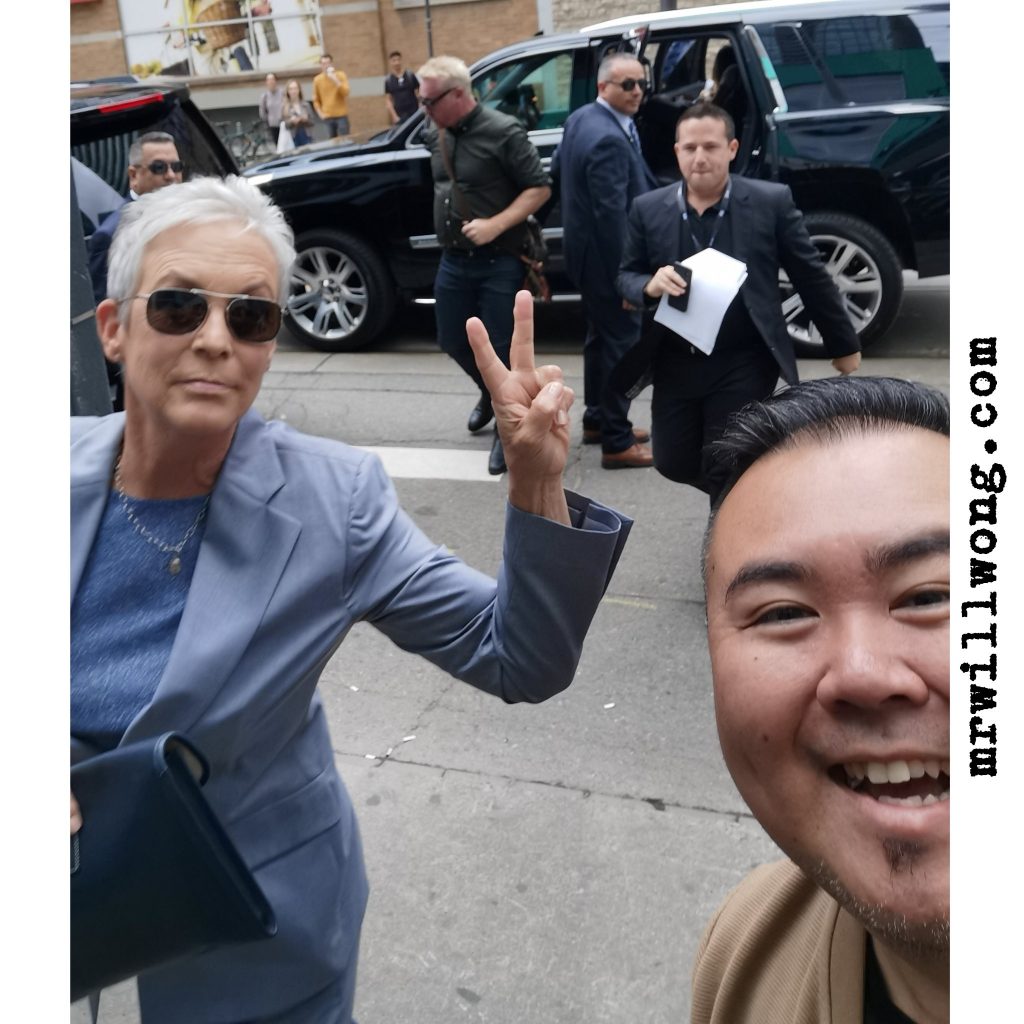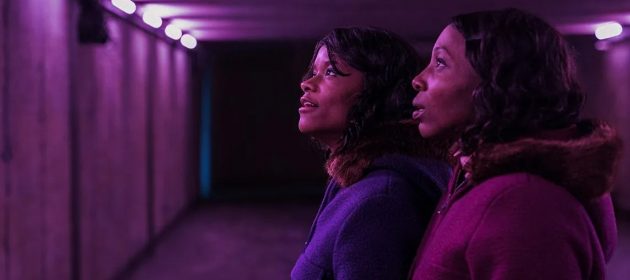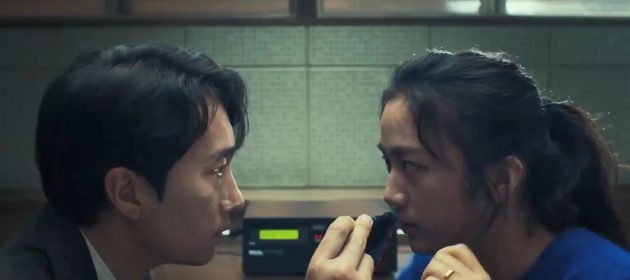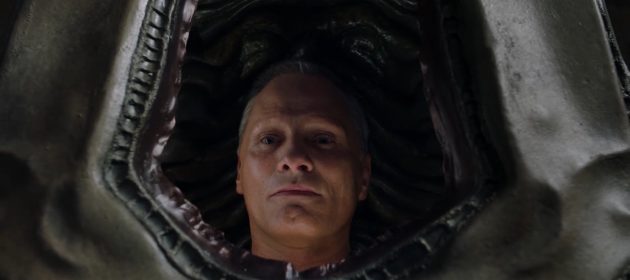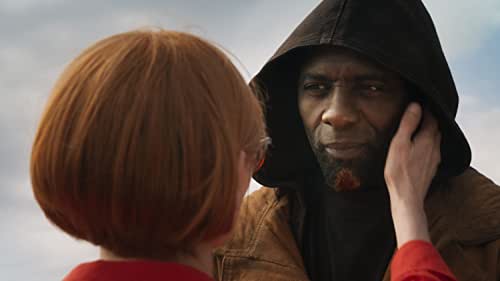cannes
#CANNES22: DAY TEN SIGHTINGS – TOM HANKS, BAZ LUHRMANN, AUSTIN BUTLER, MARGARET QUALLEY + JOE ALWYN
While this might be our last day at the Festival, it certainly wasn’t our least! The Premiere for Baz Luhrmann’s ELVIS took place last night, and the Junket today. The Film not only received a ten-minute standing ovation, but above this, has received the approval of Elvis Presley’s family – and there can be no higher honour. Amanda tells us the Film is told more through the lens of Elvis‘ Manager Colonel Tom Parker, played by Tom Hanks.
From the junket for Baz Luhrmann‘s ELVIS:

And also Claire Denis’ STARS AT NOON, set in 1984 Nicaragua, about a Businessman and Journalist who find themselves in trouble and trying to escape.

Thanks for checking-out our coverage. Our Amanda Gilmore‘s thoughts on ELVIS here!
(Photo credit: Amanda Gilmore/Mr. Will Wong)
#CANNES22: “THE SILENT TWINS” REVIEW
By Amanda Gilmore
Director Agnieszka Smoczynska’s latest is based upon the Novel written by Marjorie Wallace about real-life Welsh twins June (Letitia Wright) and Jennifer Gibbons (Tamara Lawrence), who were part of the only Black family in their small town. They would only communicate with one other. Thus, causing the community to believe something was wrong with them. When they grew-up, they were caught vandalizing and sent to Broadmoor, an infamous Psychiatric Hospital, where they face the choice to separate and survive or die together.
Smoczynska begins with the twins in childhood. It’s clear from the get go that the two have their own language. She captures their free spirited childhood, while alone together, through them hosting their own radio show together. These moments are captured with vivid lighting that gives everything a dreamlike appearance. However, Smoczynska and Cinematographer Jakub Kijowski retract these light purples, pinks, blues and yellows fade once someone interrupts their privacy. This becomes increasingly more clear when June and Jennifer are torn apart from each other.
When we are introduced to them as teens, we are brought into the world of adolescent coming-of-age. Both desire to become Authors. When Jennifer receives rejection letters, the two decide they need to live a little outside their shelter. Therefore, leading them into young romance. They fall for the same boy and subsequently go on a vandalism spree. They are in the time of their lives when they are experimenting. Even if the decisions they make lead them to dangerous situations, we empathize with them.
In the Final Act, the twins end up at Broadmoor. It’s here that we see the extent of their bond. When they are separated from the other they become catatonic. It’s as if they can’t survive without the other. The Silent Twins is one of the most beautiful depictions of sibling connection on-screen. This is aided by the formidable performances from Wright and Gibbons. They have an effortless chemistry and really delve into these women. They let us get close enough to understanding these twins.
The Silent Twins is a beautiful story about the bond between June and Jennifer Gibbons. It examines themes of otherness and belonging while being a critique on psychiatric facilities such as the infamous Broadmoor. Additionally, it’s a love letter to the twins. Smoczynska and Screenwriter Andrea Seigel go further than simply adapting the Novel. They use the journals from June and Jennifer to give us a deeper understanding of them. Smoczynska’s creative directing style brings these journal entries cinematically to the screen through dazzling recreations.
The Silent Twins screens at Cannes ’22:
Tue, May 24 at 7:45 PM at SALLE DEBUSSY
Wed, May 25 at 11:30 AM at SALLE AGNÈS VARDA
Wed, May 25 at 3 PM at CINEUM AURORE
Thu, May 26 at 4:15 PM at CINEUM SCREEN X
#CANNES22: “DECISION TO LEAVE” REVIEW
By Amanda Gilmore
Visionary South Korean Director Park Chan-Wook is back with this visually stunning romantic Thriller Noir.
After a man falls to his death from a mountain, Detective Hae-joon (Park Hae-il) meets his widow Seo-rae (Chinese Actress Tang Wei). She seems to be unaffected by the death of her husband. This causes suspicion amongst the detectives in the precinct. All signs point to her as suspect number one. But Hae-joon doesn’t believe that this mysterious woman could do such a thing. After stakeouts and an interrogation, Hae-joon becomes smitten with the mysterious Seo-rae. Now he must decide if his feelings get in the way of the investigation.
Decision to Leave starts out as a Detective Thriller and turns into something more heartfelt. In brilliant Chan-Wook style the edits and transitions are a visual feast for the eyes. Chan-Wook makes these transitions feel like they are one continuous take. They transport our detective into another scene that is playing out inside his mind. It’s a mesmerizing camera technique that is a delight to witness. There are shots that will dazzle and make any cinephile gasp.
The first half plays out like a gritty Detective Thriller Noir. Hae-joon is on a mission to find who threw this man off of the mountain. It seems like he found his prime suspect but her demeanour throws Hae-joon off. He finds this woman mesmerizing. The effect she has on him is paramount and the audience understands the emotion, thanks to the strong performance from Hae-il. He looks at her like she has all the answers in the world.
That’s when this noir turns into something more romantic. A blossoming relationship flourishes between the two. In lesser hands, this wouldn’t work. However, Chan-Wook excels in this storytelling. Seo-rae has clearly lived a difficult life. She’s been abused by her deceased husband. She carries this weight with her and it’s part of the reason Hae-joon falls for her. The audience is swept-away in this romance because of the chemistry between the two leads.
It’s in the second half when Seo-rae comes back into Hae-joon’s life that Chan-Wook’s intention comes through. This is a story about two people who fall in love in the oddest of circumstances. It’s about how far someone will go to protect the one they love. Wei’s performance is one of the best of the entire decade. It’s a special one that needs to be seen to be believed. She masters the art of mystery within her character. Although some would play Seo-rae as a psychopath, Wei grounds her. She’s a person who has never received real love and care until she met Hae-joon. Due to this, she will stop at nothing to feel it again.
Overall, Decision to Leave despite being a Thriller, also is tender and romantic. It has an insurmountable performance from Wei that will not be forgotten. Additionally, it reminds us that love is unexpected, needed and selfless.
Decision to Leave screens at Cannes ’22:
Mon, May 23 at 6:00 PM at GRAND THÉÂTRE LUMIÈRE
Tue, May 24 at 8:30 AM at GRAND THÉÂTRE LUMIÈRE
Tue, May 24 at 7:30 PM at SALLE AGNÈS VARDA
Tue, May 24 at 9:30 PM at LICORNE
Wed, May 25 at 9:30 AM at CINEUM IMAX
Thu, May 26 at 12:00 PM at CINEUM AURORE
#CANNES22: “CRIMES OF THE FUTURE” REVIEW
By Amanda Gilmore
This latest effort from Auteur David Cronenberg takes place sometime in the future when the human species has adapted to a synthetic environment. In doing so, the human body undergoes new transformations and mutations. Saul (Viggo Mortensen) is a man whose organs metamorphosis. This leads him and his partner Caprice (Léa Seydoux) to put on performance art shows where she operates on him, removing one of these mysterious organs at a time. However, a mysterious underground group believe that Saul’s ever-growing insides might just be the next step toward evolution.
Cronenberg opens with a young boy searching the ocean as a rotted shipwreck is just off the coast. It’s clear something has happened to Earth due to climate change. His mother warns him to not eat anything he finds. From her urgent, disgusted tone it’s clear he does this a lot. Soon we watch as he eats a plastic garbage bin. It’s a powerful opening to a film that works best as a commentary on climate change.
The impact of this climate change has caused the human body to transform in order to survive. However, this has led the species to feel no pain. As mentioned in the Film, pain acts as a warning sign. This brings into question how one can survive without it. The hollowness that comes with these characters causes them to crave something to feel.
The surgeries, and performance art, act as a substitute for sex in Crimes of the Future. As Kristen Stewart’s character Timlin explains: “Surgery is the new sex.” Stewart steals the show with her portrayal of the mousey Timlin. Particularly, in her advances upon Saul. It’s a shame she’s underused. But this statement is true as we see when watching Caprice (a daring and captivating performance from Seydoux) perform the surgeries on Saul. The look of desire and lust spreads across her face as she controls the procedure.
This theme of sex throughout the Film directly correlates to the idea of reproduction that continuously comes up. The evolution of humans won’t happen if no one is reproducing. One scene has Caprice unzip a part of Saul’s stomach and perform what is akin to oral sex. It’s as though Cronenberg is asking: how will the human race continue if they don’t procreate? They can adapt all they want, but without procreating the species will cease to exist.
The stylistic world Cronenberg and his Production Design team have created brings us into this futuristic world. The bed Saul sleeps in resembles a cocoon. He eats in a chair shaped like a skeleton that constantly moves. When he’s getting operated on, the machine looks like he’s in an incubator. This world and Cronenberg’s vision are fully realized.
There are Subplots that Cronenberg explores in the Film. He touches on how the Government police human bodies. They don’t want the characters to stray from the natural transformation their bodies are going through. This is the significance and the young boy from the beginning and the underground group who are attempting to perform surgeries to progress the human body. This Subplot is an intriguing one and we wish we had more time spent to evaluate it.
Crimes of the Future does have its share of queasy moments, however, it might not be as nauseating as was promised. The gruesome aspects come from the operations Caprice performs on Saul. Although, even then these scenes aren’t horrific – unless you are terrified of organs. The brutal aspects come more from the child. These two segments of the Film aren’t for the faint of heart, but they do tie everything together.
Crimes of the Future screens at Cannes ’22:
Mon, May 23 at 9:30 PM at GRAND THÉÂTRE LUMIÈRE
Tue, May 24 at 12:00 PM at GRAND THÉÂTRE LUMIÈRE
Tue, May 24 at 7:00 PM at LICORNE
Tue, May 24 at 7:30 PM at SALLE BAZIN
Wed, May 25 at 12:30 PM at CINEUM IMAX
Thu, May 26 at 9:30 AM at CINEUM AURORE
#CANNES22: DAY 8 SIGHTINGS – KRISTEN STEWART, LÉA SEYDOUX, SCOTT SPEEDMAN, VIGGO MORTENSEN, JAMIE FOXX, SHAUN WHITE + NINA DOBREV
The 2022 Cannes Film Festival might have started a week ago, but the excitement continues to build as David Cronenberg’s CRIMES OF THE FUTURE premiered tonight. In attendance were none other than Kristen Stewart, whom our Amanda Gilmore spotted at the Press Junket and Photo Call earlier in a pink Chanel suit. Also in attendance were Léa Seydoux, Scott Speedman and Viggo Mortensen.
The Horror centers on a Performance Artist couple Caprice (Léa Seydoux) and Saul Tenser (Viggo Mortensen), whom publicly showcase the metamorphosis of his organs in avant-garde performances. Timlin (Kristen Stewart), an investigator from the National Organ Registry, obsessively tracks their movements, which is when a mysterious group is revealed… Their mission – to use Saul’s notoriety to shed light on the next phase of human evolution.
The Horror received both walkouts and a standing ovation, divisive as Cronenberg expected. CRIMES OF THE FUTURE arrives in theatres June 3, 2022 via Sphere Films.
Also spotted around town were Jamie Foxx, seen enjoying the French Riviera on a yacht.
Canada’s Nina Dobrev and Shaun White also were spotted around town at both the Top Gun: Maverick Premiere last week, and a Fundraiser for Ukraine, the With Love for Peace Gala.
Review here for CRIMES OF THE FUTURE.
(Photo credit: Amanda Gilmore/Mr. Will Wong)
#CANNES22: “TRIANGLE OF SADNESS” REVIEW
Review by Amanda Gilmore
Fashion Model-Celebrity couple Carl (Harris Dickinson) and Yaya (Charlbi Dean) are having problems…money problems. The main issue is that they have too much of it, which causes issues when it comes to bill time. The truth is, Yaya makes more than Carl but she’ll never pay. While in this rut in their relationship, Yaya’s influencer status gets them a free trip on a yacht. It’s there they meet their fellow uber-wealthy, upper-class, white privileged passengers. However, when they hit a stormy, turbulent night these rich elite are left stranded on an island.
Writer-Director Ruben Östlund’s latest is a biting, hilarious Satire on the privileged. He does this in three parts. The first is entirely focused on Carl and Yaya. As the bill sits on their table, Yaya becomes engrossed in her phone until Carl offers to pay. This results in one of the longest fights over money on-screen. Östlund, with the help of the brilliant Dickinson and Dean, creates an engrossing argument on Feminism and currency. It’s a hilarious section in this smart Film that sets the theme of money and hierarchy. Additionally, it shows a different side to Dickinson that allows him to show off his comedic side, which he excels at.
Once we arrive in the second part, we are introduced to a range of characters. Such as an elderly couple who sells grenades and Russian fertilizer magnate Dimitriy (played by the incomparable Zlatko Buric). It’s in this section that the majority of the hysterical moments happen. The things these characters say to each other and the staff on board (which resemble those from the Reality Show Below Deck) are shocking. It’s in this section that Östlund’s themes come through.
He touches on the privilege that comes along with having wealth in comparison to those who work on the yacht. The edits show the jarring difference in the lives of the passengers and employees. Triangle of Sadness through and through is a riot, however, there is one segment that remains a standout.
It takes place between the Captain (Woody Harrelson), a drunk who spends a lot of time in his cabin, and Dimitriy. As the yacht rocks during the Captain’s dinner and passengers are projectile vomiting everywhere (yes, there are some serious, although uproarious scenes in this second part) the two exchange quotes. Captain spews Socialism quotes while Dimitriy is an advocate for Capitalism. Harrelson and Buric are outrageously funny. Could easily watch them as these characters for days on end.
The Final Act of Östlund’s unmissable Satire has the rich stranded and incapable of providing the necessities to survive. Remember, they pay people to take care of them. But lucky, or unlucky, for them there is one capable crew member who survived — Abigail (Dolly De Leon). Onboard she was the cleaning manager but on this island, she becomes the boss. It’s a perfect way to sum up all of Östlund’s themes. Having the upper-class succumb to someone they believe is below them. De Leon not only runs the island, but she steals the entire third act and runs away with it.
Triangle of Sadness is unforgettable, nailing every beat and then some. The Ensemble Cast has impeccable comedic timing. This is not to be missed.
Triangle of Sadness screens at Cannes ’22:
Sat, May 21 at 6:00 PM at GRAND THÉÂTRE LUMIÈRE
Sun, May 22 at 8:30 AM at GRAND THÉÂTRE LUMIÈRE
Sun, May 22 at 1:00 PM at SALLE AGNÈS VARDA
Sun, May 22 at 9:30 PM at LICORNE
Mon, May 23 at 11:45 PM at CINEUM IMAX
Tue, May 24 at 9:30 AM at CINEUM AURORE
#CANNES22: “WAR PONY” REVIEW
Review by Amanda Gilmore for Mr. Will Wong
This impressive First-Feature Debut by Co-Directors Riley Keough and Gina Gammell follows two Oglala Lakota boys on Pine Ridge Reservation in South Dakota. Bill (Jojo Bapteise Whiting) is a 23-year-old trying to make some money. When he finds an abandoned poodle, he starts his own dog breeding business. While Matho (Ladainian Crazy Thunder) is a 12-year-old desperate for his father’s approval. When the unexpected happens, Matho sees no other way but to follow in his father’s footsteps. Bound by their shared search for belonging, they grapple with identity, family, and loss, as they navigate their unique paths to manhood.
Keough and Gammell observe their endearing characters navigate reservation life. Although this is more of a character-driven piece, it’s more captivating than plot-focused narratives. Their two storylines give a ranged look at what these young men need to do to survive in a world that’s abandoned them. The Co-Directors use the two interlocking storylines as a way to give an authentic look into the lives of those on reservations.
Bill is a go-getter who’s trying to start his own business. His drive to succeed is infectious. Additionally, he’s a goofball who wants to get the mother of one of his children back. His endearing quality is that things never quite go right in his romantic life. Bapteise Whiting gives a star-making performance. We see the struggle he’s lived through, his desire to succeed and the bond that grows between him and his Poodle.
Matho’s story is much darker. He’s forced to act beyond his years due to his home life. He’s surrounded by a particular style of living and only wants his father’s approval. In seeking that, it backfires and his father kicks him out of the house. Forcing this 12-year-old to provide for himself, leads him right down the life his father led. Crazy Thunder gives a heartbreaking performance as the young boy who’s trying to find a way to survive.
The Co-Directors and Writers, with the help of Co-Writers Franklin Sioux Bob and Bill Reddy, bring in Native American beliefs through the use of the American Buffalo. The Lakota believe the American buffalo is a symbol that one does not have to struggle to survive if the right action is joined by the right prayer. The American buffalo is witnessed by both Bill and Matho at different moments. This, in addition to the editing by Affonso Gonçalves and Eduardo Serrano, brings these two young men together.
War Pony screens at Cannes ’22:
Sat, May 21 at 2:15 PM at SALLE DEBUSSY
Sun, May 22 at 8:30 AM at SALLE DEBUSSY
Sun, May 22 at 12:00 PM at CINEUM AURORE
Mon, May 23 at 11:30 AM at LICORNE
Mon, May 23 at 1:15 PM at CINEUM SCREEN X
#CANNES22: “BOY FROM HEAVEN” REVIEW
Review by Amanda Gilmore for Mr. Will Wong
Adam (Tawfeek Barhom) has a close-knit bond with his family and community in his fishing village in Egypt. Everyone is happy for him when he gets the opportunity to ultimate privilege to study at the Al-Azhar University in Cairo, the epicentre of power of Sunni Islam. However, near the start of his education, the highest-ranking Religious Leader dies. Following his death, an informant for the Government is murdered on campus. Soon, Adam is brought in as a new informant and is at the centre of the religious and political elite.
Boy From Heaven is a tense thriller about the separation between religion and politics. We are thrust into this world where the Government is attempting to get a new religious leader who will be in their back pockets. Writer-Director Tarik Saleh does a great job of opening up this world for us. We understand the world and stakes. Additionally, he breaks down the lust for power the Government desires and the corrupt lengths they will go to get it.
The conflict throughout is immense. We have the societal aspect of it, where the country is wondering who will be their next religious leader. We have the Government attempting to gain control of their head of religion. We have those within the religion trying the best they can to expose the Government. And we have Adam, a young man who is forced to be an informant. The immense layers of conflict make for a riveting thriller.
What makes us invested in this story isn’t solely the conflict, but this young man we follow. We are invested in Adam from the beginning. He’s an innocent that has unfortunate luck and gets himself caught up in this spider’s web. Adam is an intelligent young man that has the ability to manipulate others into believing his deception. Additionally, he is a young man who is scared and desperately wants out of his situation. It’s a powerful performance from Barhom who is captivating throughout.
Boy From Heaven screens at Cannes ’22:
Fri, May 20 at 4 PM at GRAND THÉÂTRE LUMIÈRE
Sat, May 21 at 11:15 AM at GRAND THÉÂTRE LUMIÈRE
Sat, May 21 at 11:30 am at LICORNE
Sat, May 21 at 2 PM at SALLE AGNÈS VARDA
Sun, May 22 at 11:30 AM at CINEUM IMAX
Mon, May 23 at 9:30 PM at CINEUM AURORE
Thu, May 26 at 9:00 AM at ARCADES 1
#CANNES22: “THREE THOUSAND YEARS OF LONGING”
Review by Amanda Gilmore for Mr. Will Wong
Scholar Alithea (Tilda Swinton) has always been content in her solitude. But that might change when she goes on a trip to Istanbul. While at a local shop, she finds a small glass vase. Back in her hotel, a fantastical being called a Djinn (Idris Elba) breaks free from that tiny vase. In return for his freedom, he offers Althea three wishes but they have to be her life’s deepest desires.
Visionary Writer-Director George Miller is back with this Fantasy-Romance Film. His style is on full display as we follow Alithea in her story which is told like a fairy tale. Three Thousand Years of Longing does carry a lot of narration. There’s the voice-over work from Alithea along with the stories Djinn tells of his prior failed attempts at freedom. Normally, this much narration would hinder a Film. However, Miller’s stylistic Direction makes it entertaining.
Through all of the visual spectacle found in Three Thousand Years of Longing, there is a tender story of finding love in unique circumstances. Additionally, Miller is telling a story about the importance of telling one’s life story. He does this through Alithea and Djinn. She is adamant she’s lived a life of pleasant solitude and doesn’t believe she has a deep desire. Instead, she takes an interest in Djinn’s three thousand years trapped by a magician’s curse.
It’s the stories Djinn tells that draw Alithea to him. Learning about his prior passions, heartbreaks and longings makes her fall for him. Swinton, as usual, is spellbinding. She brings a comedic layer to Alithea that resonates with the audience. Elba is the perfect choice as this Djinn yearns for freedom. He brings humanity to this fantastical being. The chemistry between the two gets stronger as the story progresses. This isn’t a fault, it’s a strength. It shows the progression in their feelings for one another.
Three Thousand Years of Longing has an important message on freedom and love: that it can’t be forced.
Three Thousand Years of Longing screens at Cannes ’22:
Fri, May 20 at 7:00 PM at GRAND THÉÂTRE LUMIÈRE
Say, May 21 at 6:30 PM at CINEUM IMAX
#CANNES22: “EO” REVIEW
By Amanda Gilmore for Mr. Will Wong
EO is a donkey who is part of a circus in Poland. His owner Kasandra (Sandra Drzymalska) and himself have a strong bond. She protects him even if he is being used by the circus for profit. However, when the circus gets shut down, EO is placed in a new home out of reach from Kasandra. After she pays him a visit one night, he breaks the farm gate in search of her. Instead, he meets good and bad people, experiences joy and pain, and endures the wheel of fortune randomly turning his luck into disaster.
This is a moving Film with a powerful message. We watch as EO is being mistreated by everyone he interacts with on his journey. As we watch the world through his eyes, we see how the world is a torturous place for him. Even at the start, Kasandra does what she can to protect her beloved EO but he still suffers from the Circus owners.
However, the level of cruelty to animals escalates and deescalates throughout. There is one particular moment when EO is beaten by a group that was previously celebrating him. Even though the abuse is off-screen, Writer-Director Jerzy Skolimowski makes sure that each painful hit is felt. This makes for a painful viewing experience, but a necessary one. Even in moments when EO isn’t being used, he is hurt in other ways. Near the end, EO ends up on an estate with a Countess (played perfectly by Isabel Huppert) and a young priest (Lorenzo Zurzolo). Although they don’t intentionally hurt him, they neglect him. He doesn’t have any other animal companions and they don’t respond to his cries.
The situations that EO finds himself in reflect the cruelty of humans to animals. Each situation plays out as a mini-chapter in EO’s journey. They almost feel like their own individual Short Films. Yet, Skolimowski ties them together into a hero’s journey for his Donkey protagonist. EO even gets a shot to fight back and aide fellow animals being abused.
Additionally, it’s one of the most visually stunning films of the year. The Cinematography by Michael Dymek thrusts us right into EO’s view of the world. We see it for all its natural beauty and brutality.
EO screens at Cannes ’22:
Thu, May 19 at 10 PM at GRAND THÉÂTRE LUMIÈRE
Fri, May 20 at 11:30 AM at LICORNE
Fri, May 20 at 12 PM at GRAND THÉÂTRE LUMIÈRE
Fri, May 20 at 7 PM at SALLE BAZIN
Sat, May 21 at 11:30 AM at CINEUM IMAX
Sun. May 22 at 6:30 PM at CINEUM IMAX
Thu, May 26 at 11:15 AM at ARCADES 1
For advertising opportunites please contact mrwill@mrwillwong.com







